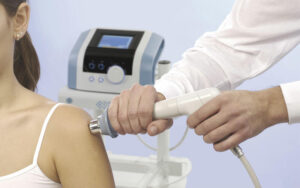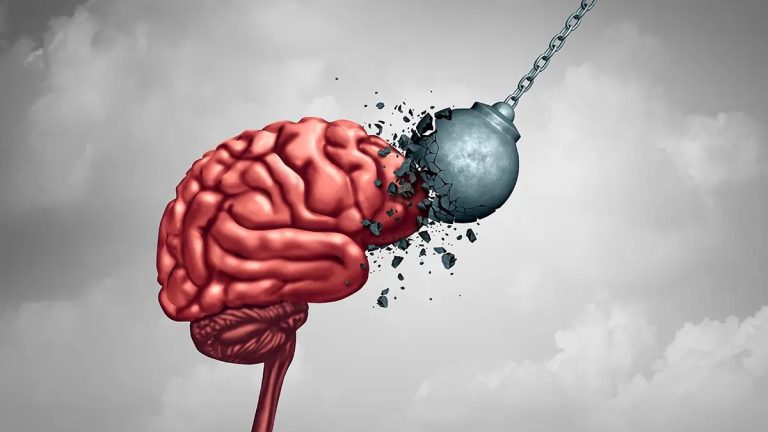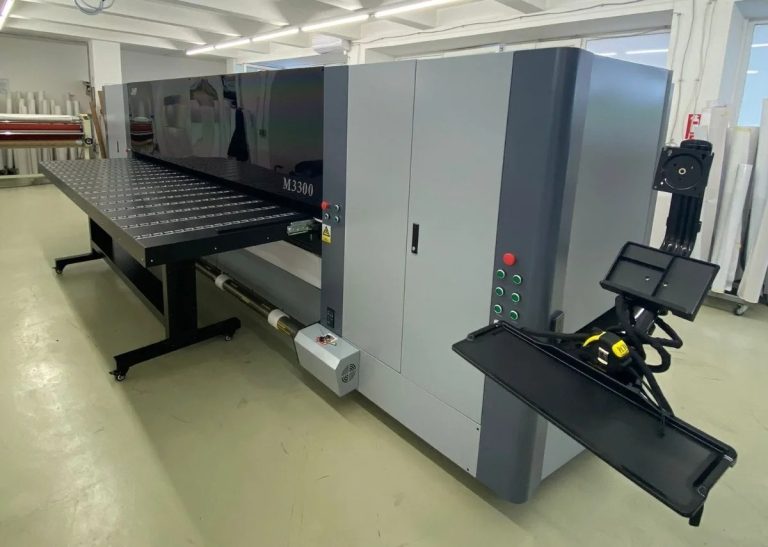The car engine is the heart of your vehicle, and proper maintenance is crucial for its longevity and performance. This includes regular oil changes, filter replacements, checking and topping up fluids like coolant and brake fluid, inspecting belts and hoses for wear and tear, and addressing any unusual sounds or vibrations promptly. Routine maintenance with Class 7 MOT Centres helps prevent costly repairs and ensures smooth operation.
Tires:
Tires are the only contact point between your car and the road, making them critical for safety and performance. Regularly inspect tire tread depth, pressure, and overall condition. Rotate tires according to the manufacturer’s recommendations to promote even wear and extend their lifespan. Additionally, proper wheel alignment and balancing contribute to optimal handling and fuel efficiency while reducing premature tire wear.
Brakes:
Maintaining a car braking system is paramount for safety. Regularly inspect brake pads, rotors, calipers, and brake fluid levels. Replace brake pads and rotors as needed, typically when they show signs of wear or if there’s a decrease in braking performance. Address any unusual noises or vibrations while braking promptly, as they could indicate underlying issues that require attention.
Fluids:
Various fluids are essential for the proper functioning of different vehicle systems. Regularly check and top up engine oil, transmission fluid, coolant, power steering fluid, and brake fluid as needed. Over time, these fluids can become contaminated or depleted, affecting performance and potentially causing damage if not addressed promptly. Following the manufacturer’s recommendations for fluid types and replacement intervals is crucial for optimal vehicle operation.
Battery:
The battery is a critical component of your vehicle’s electrical system, providing the power needed to start the engine and operate various electrical accessories. Regular maintenance of the battery ensures reliable starting power and prevents unexpected breakdowns. Over time, batteries can lose their ability to hold a charge due to sulfation or internal corrosion. Regularly inspecting the battery terminals for corrosion and ensuring they are clean and securely connected helps maintain good electrical conductivity. Additionally, testing the battery’s voltage and specific gravity, especially before extreme weather conditions, can help identify potential issues before they cause a breakdown. If the battery is nearing the end of its lifespan or showing signs of weakness, such as slow cranking or dim lights, it’s advisable to replace it to prevent unexpected failures.
Suspension and Steering:
The suspension and car steering systems play a crucial role in vehicle handling, stability, and ride comfort. Regular maintenance of these systems ensures optimal performance and safety on the road. Inspecting suspension components such as shocks, struts, springs, bushings, and control arms helps identify wear and tear that can affect ride quality and handling. Worn or damaged suspension components can lead to uneven tire wear, poor alignment, and compromised vehicle stability. Similarly, inspecting the steering system for excessive play, vibrations, or difficulty turning helps identify issues that require attention. Properly maintaining suspension and steering components through regular inspections and timely replacements ensures a smooth and controlled driving experience, enhancing both safety and comfort.
Exhaust System:
The car exhaust system plays a crucial role in reducing harmful emissions and directing exhaust gases away from the vehicle. Regular maintenance of the exhaust system helps ensure optimal engine performance, fuel efficiency, and compliance with emissions regulations. Inspecting the exhaust system for leaks, damage, or rust is essential, as exhaust leaks can lead to increased emissions, decreased fuel efficiency, and potential health hazards due to exposure to exhaust fumes. Additionally, addressing exhaust leaks promptly helps prevent further damage to other vehicle components, such as the catalytic converter or oxygen sensors. Routine maintenance of the exhaust system, including replacing worn or damaged components, helps ensure proper operation and minimizes environmental impact.
Air Conditioning and Heating:
The air conditioning and heating systems are essential for maintaining comfort inside the vehicle, especially during extreme weather conditions. Regular maintenance of these systems ensures optimal performance and reliability. Inspecting the air conditioning system for proper refrigerant levels, inspecting hoses and connections for leaks, and ensuring proper airflow through vents helps identify issues that may affect cooling performance. Similarly, inspecting the heating system for proper operation, including checking coolant levels and inspecting hoses, helps ensure efficient heating during colder months. Addressing any issues with the air conditioning or heating systems promptly helps maintain interior comfort and prevents more significant problems down the line. Routine maintenance of these systems, including cleaning or replacing air filters and scheduling periodic inspections by a qualified technician, ensures reliable operation and extends their lifespan.
Lights and Electrical Components:
Properly functioning lights and electrical components are essential for visibility and safety on the road. Regularly inspect headlights, taillights, brake lights, turn signals, and interior lights for proper operation. Replace any burnt-out bulbs promptly and address any electrical issues, such as faulty switches or wiring problems, to ensure reliable performance of vehicle systems.
Body and Paint:
While not directly related to vehicle performance, maintaining the exterior appearance of your car can help preserve its value and prevent corrosion. Regularly wash and wax the exterior to protect the paint finish from environmental damage. Inspect the body for dents, scratches, or rust spots, and address them promptly to prevent further deterioration. Additionally, consider applying rust-proofing treatments to vulnerable areas to extend the lifespan of your vehicle’s body.
Also read more: https://businessnewstips.co.uk/business-guides/personalized-number-plates-express-your-car-in-unique-style/












